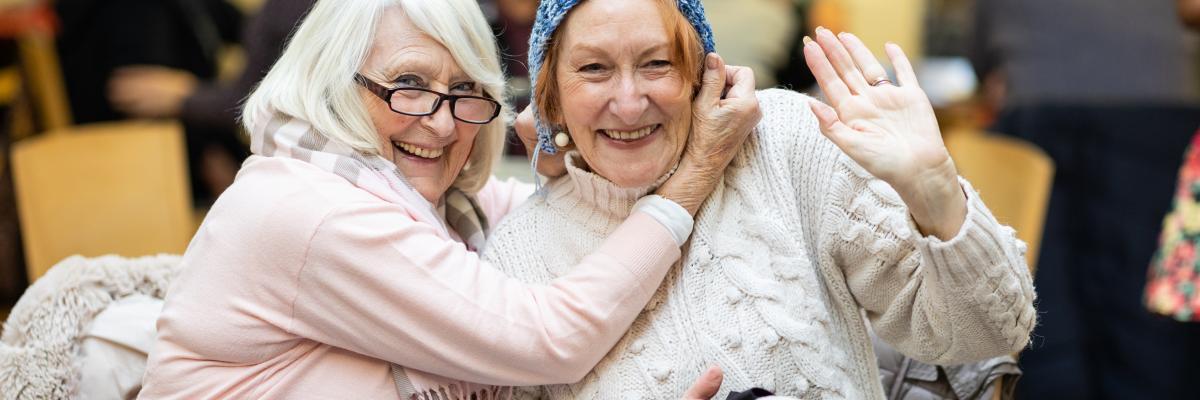Today marks Adult Support and Protection Day, which is focused on the theme of neglect and self-neglect, and encourages people to look out for signs of neglect. You can read an Iriss overview of the evidence on self-neglect.
In general, the majority of harm to adults has occurred in individuals’ own homes. There were around 940 adult support and protection referrals per week, on average between December 2021 and December 2022, compared to an average of around 700 the year before. The average increased to around 980 per week between June and December 2022. Social Care Minister Kevin Stewart said:
“We know that the cost of living crisis is making day to day decisions harder for many, and for those looking after others, or struggling to take care of themselves it could be making things even harder. The important thing is that people know what to look for and where to go to get help for anyone they are worried about may be suffering from neglect or self-neglect. Everyone has a role to play in keeping people safe from harm, and Adult Support and Protection Day helps highlight the role people in the community have in raising concerns.
Brenda Walker, National Adult Support and Protection Coordinator commented,
“It’s sometimes hard to see when someone is struggling to manage, or you might feel you don’t want to interfere. Sharing your concern is the right thing to do and can allow support to be offered. Right now, many people are finding it even more difficult, and the cost of living crisis is making already challenging situations worse. Harm can happen anywhere: in someone’s home, where they work, in a public place – often caused by the people closest to them. It can even happen in places responsible for keeping someone safe, such as a care home or day centre.”
Watch the Seen Something? Say Something video, which explains some of the signs of self neglect and neglect, and lets you know how to raise a concern.
To coincide with Adult Support and Protection Day, Iriss has published an evidence summary on suicide thoughts and behaviour in later life. It provides information for practitioners on how to address suicidal thought and behaviour in this population, as well as guidance to specialist suicide prevention providers who are interested in tailoring their existing services for people in later life.
Other Iriss adult support and protection resources:
- Multi-agency adult support and protection conferences (case conferences) – online learning
- Large scale investigations – online learning
- Working together in adult support and protection – online learning

